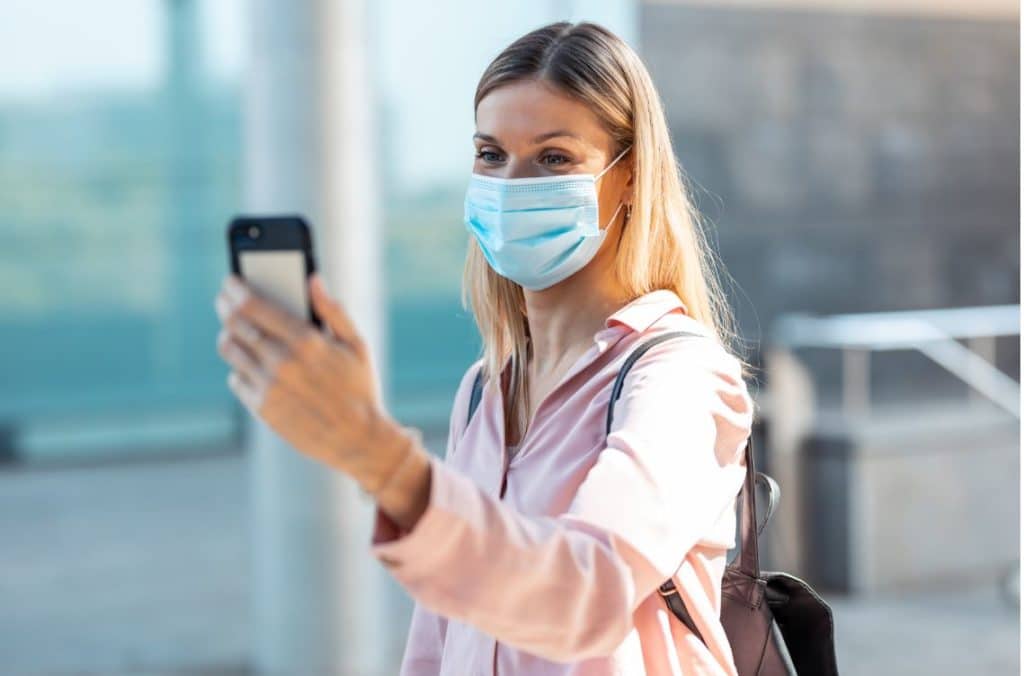5 Tips to Prevent Face-Mask Skin Problems
Masks play a crucial part in protecting yourselves and others during the Covid-19 pandemic. However, your face mask may also affect your skin adversely, causing issues like peeling, acne rashes and itchiness. To help avoid breakouts and skin issues from developing under your mask, we recommend these five tips.
Cleanse and moisturize your face daily. When washing your face, use a gentle, mild, fragrance-free cleanser.
Dry skin is also common problem. Applying moisturizer adds a protective layer that can reduce dryness so apply moisturizer immediately after washing your face, before you put on your mask and when you take it off at the end of the day.
Try not to wear makeup when wearing your mask. Beneath your mask, makeup is more likely to clog your pores and lead to breakouts. If makeup is necessary, use only products labeled “non-comedogenic” or “oil free.”
Wear the right mask. To reduce problems wear masks that are
- Snug and comfortable.
- Made from a natural breathable fabric such as cotton.
- Soft on the inside for those with sensitive skin.
Wearing a mask that offers a snug, but comfortable fit helps to protect you and others from COVID 19. If your mask feels too tight or slides around on your face, it might bother your skin. You’re also more likely to adjust a poorly fitting mask with your hands. When you touch your mask, you can transfer germs to your mask and to your face.
Take a 15-minute break from your mask every 4 hours. Of course, only remove your mask when its safe to do so and after you’ve washed your hands.
Continue the treatment plan that your dermatologist created for you. If you have a skin condition, such as acne or rosacea, it’s especially important to follow your treatment plan to keep your condition under control. And if you don’t have a treatment plan yet, call us and we’ll be happy to help!
If a skin problem develops from wearing a mask or if you have any questions, contact us!
